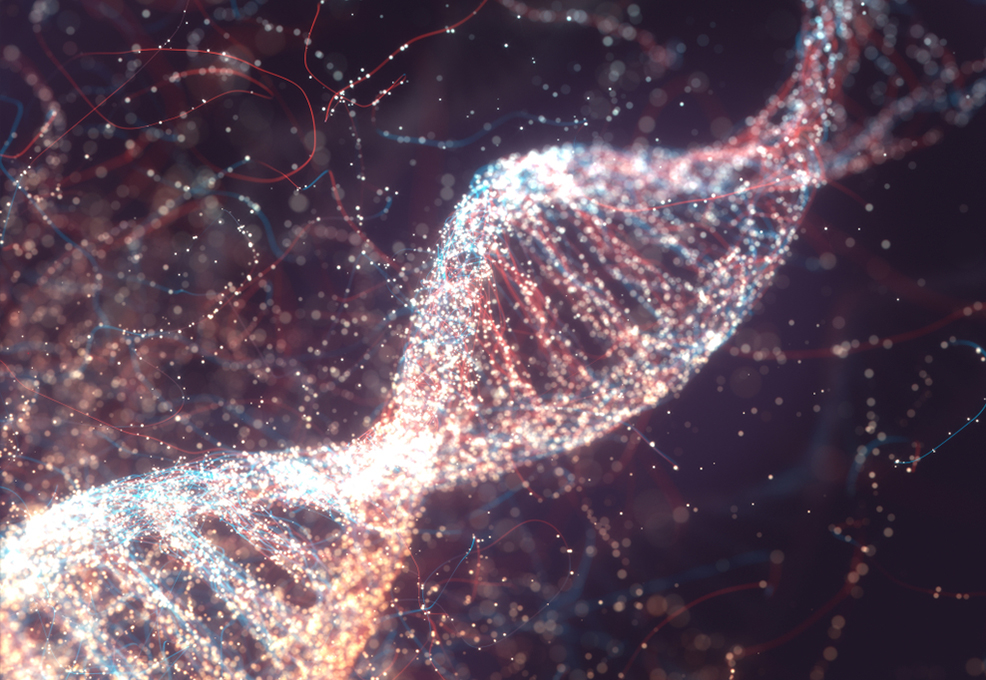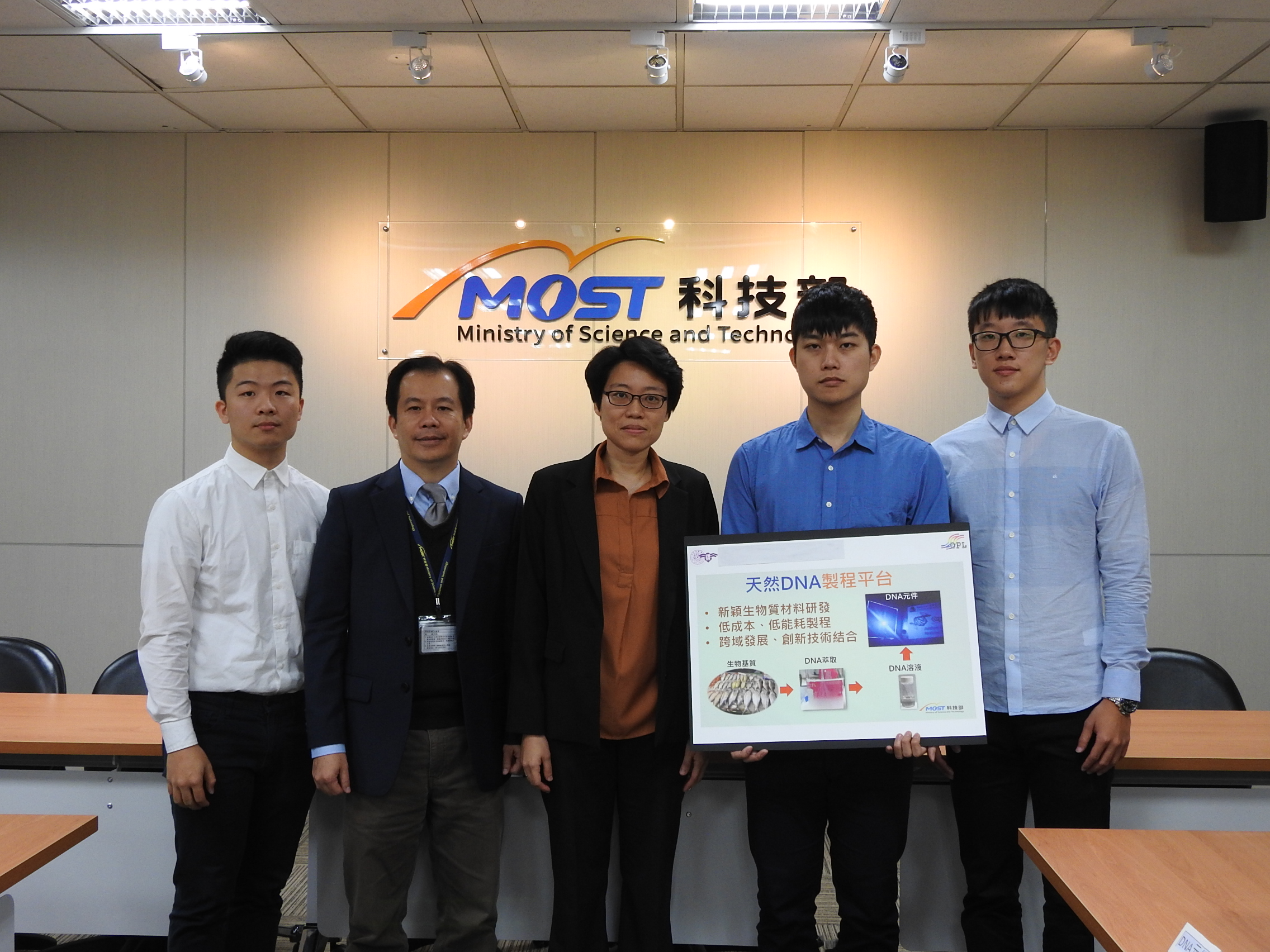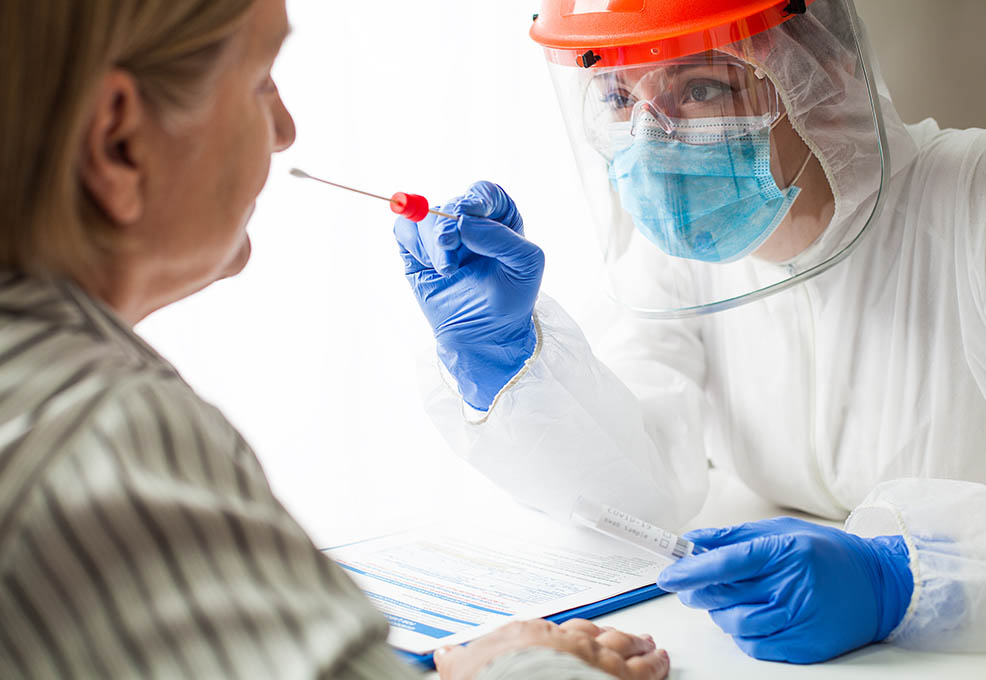Progress, Challenges, and the Prospect of Quantum Information Technology

Author(s)
Yu-Chueh HungBiography
Associate Prof. at the Electrical Engineering Department and Institute of Photonics Technologies of National Tsing Hua University (NTHU). Wu Ta-You Memorial Award, the Ministry of Science and Technology of Taiwan, 2017
Academy/University/Organization
National Tsing Hua University-
TAGS
-
Share this article
You are free to share this article under the Attribution 4.0 International license
- ENGINEERING & TECHNOLOGIES
- Text & Image
- January 22,2019
Living in a resource-depleting environment, it is of great importance to develop future technologies envisioning environmental sustainability. Dr. Yu-Chueh Hung, an Associated Prof. at National Tsing Hua University, has developed Taiwan’s first fabrication platform for photonic devices based on natural DNA biopolymer extracted from fishes. The successful establishment of the DNA biopolymer platform is through a multi-disciplinary effort combining technologies in Biology, Chemistry, Material Science, and Engineering, as well as international collaborative research efforts. Based on this platform, Hung’s group has successfully developed a novel phototriggered technique to fabricate DNA nanocomposites and demonstrated a series of surfactant-modified DNA complexes for sensors, light-emitting devices, and light-harvesting elements, which can be fabricated by facile processes at a low cost. Many countries have devoted tremendous efforts to develop new materials for the next generation technologies. The utilization of renewable and plentiful biomaterials derived from natural resources can pave the way toward the next-generation sustainable technology.
Dr. Yu-Chueh Hung, an Associated Prof. at National Tsing Hua University, has developed Taiwan’s first fabrication platform based on natural DNA biopolymer extracted from fishes. The successful establishment of the DNA biopolymer platform is through a multi-disciplinary effort combining technologies in Biology, Chemistry, Material Science, and Engineering, as well as international collaborative research efforts with investigators in the University of Cambridge and Air Force Research Laboratory. Based on this platform, Hung’s group has successfully developed a novel photo triggered technique to fabricate DNA nanocomposites for photonics technology. Hung’s pioneering work on developing interdisciplinary technologies in DNA optoelectronic devices has attracted broad attention and has been highlighted in Nature Photonics, AIP Physics News, IEEE Spectrum, and many other international media. Her work was also featured in Applied Physics Letters as one of the 50 most notable publications that present ground-breaking research in years of 2009-2012 and is the single entry made into the list from Taiwan’s research group.
The raw material of Hung’s research is from fish roe, where natural DNA can be extracted by procedures of homogenization, purification, and ethanol precipitation. Hung’s group successfully demonstrated a series of surfactant-modified DNA complexes for thin film devices, which can be fabricated by facile processes at a low cost. Based on the fabrication platform, Hung’s group also demonstrated potential applications of DNA biopolymer in sensors, light-emitting devices, and light-harvesting elements.
Living in a resource-depleting environment, it is of great importance to develop future technologies envisioning environmental sustainability. Many countries have devoted tremendous effort to develop new materials for the next generation technologies. Increasing attention has been paid to develop new bio-derived materials from a variety of natural resources that are renewable and environmental-friendly. In view of this, Hung’s research stems from natural DNA biopolymer, as DNA is plentiful and is a natural material. Its biodegradability is also a desirable attribute for discarded waste. The fabrication platform is implemented based on solution-processing, where facile, low-cost fabrication is promising for practical implementation. In the next phase, Hung will conduct studies on the ex-ploration of novel DNA devices and optimized material strategies for enhancing device performance and efficiency. Meanwhile, efforts will be made to promote natural DNA technology and create industrial partnerships, paving the way for the next-generation sustainable technology.

STAY CONNECTED. SUBSCRIBE TO OUR NEWSLETTER.
Add your information below to receive daily updates.




